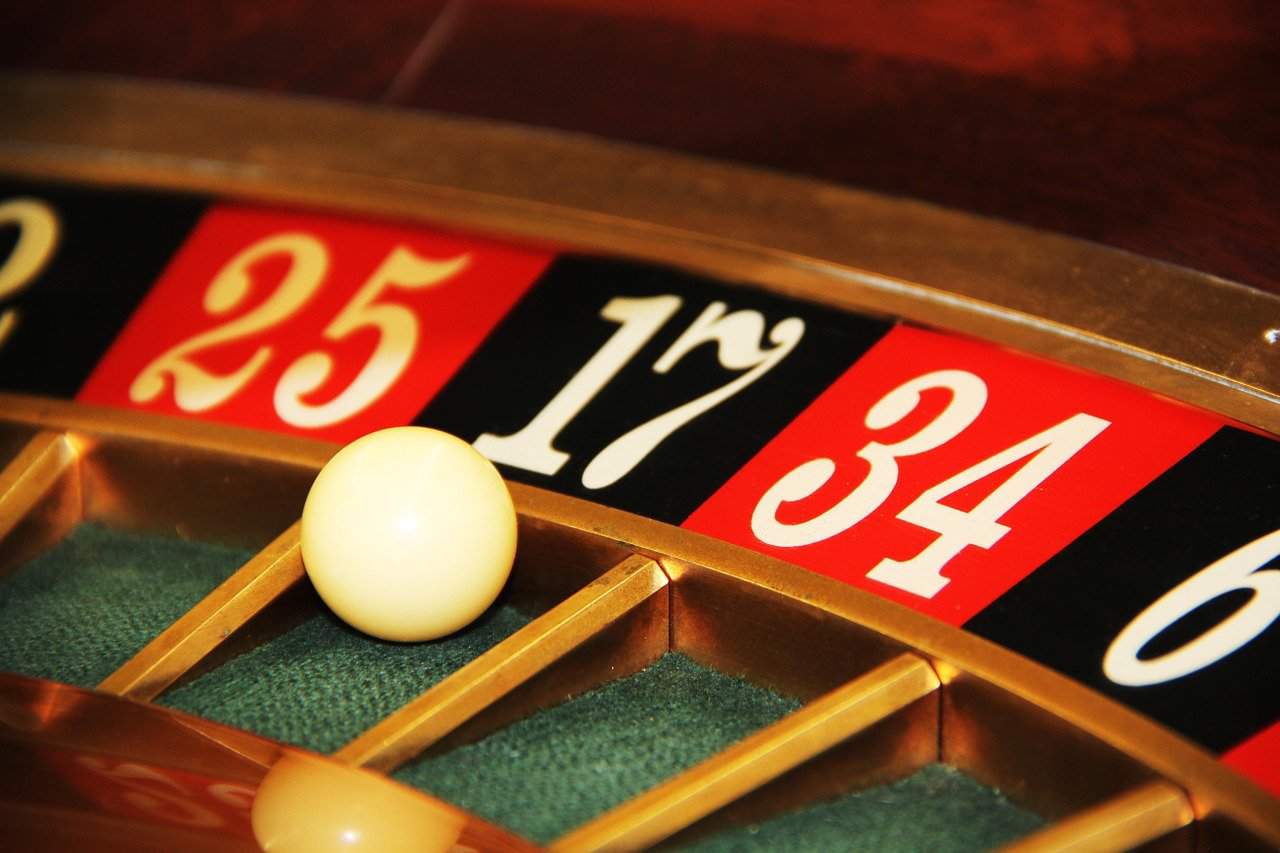Gambling and Indigenous people: What we know
Jordy Dwyer
- Credit & Debt, Money Lessons

Jordy is a Wiradjuri man with ties to the Bathurst and Wellington areas. Growing up in Manildra, a small country town in the Central West of NSW, Jordy is of Fijian descent and his bloodlines are from Levuka. Jordy embraces all of his backgrounds, and is extremely passionate about making a difference for his people.
Gambling is a popular activity across many cultures and can range from casual fun to a problematic pastime. Indigenous Australians gamble for a number of different reasons, but there are four key statistics that tell us we should be paying more attention to Aboriginal people who gamble.
First of all, research tells us Aboriginal people are more likely to gamble than non-Indigenous Australians (Hing et al., 2018; Bertossa and Harvey 2012). In fact, a 2011 survey found four in five Indigenous people had gambled in the year prior, compared with two in three Australians overall (Hing and Breen, 2014). Again, while some gambling can be a way of connecting with others or having fun, it can also be linked to harm.
Second of all, NSW research shows Indigenous people are also more likely to spend more money gambling than non-Indigenous people. A study in the state found that Aboriginal gamblers were more than three times more likely (70 per cent compared to 22 per cent) to spend more than $100 per week on gambling than non-Aboriginal gamblers (cited in Bertossa and Harvey, 2012).
Third, Aboriginal gamblers also appear more likely than other Australians to use pokies, which is more strongly associated with harm than other types of gambling (Hing and Breen 2014).
Finally, relatively few Aboriginal people seek treatment for gambling problems and instead turn to friends or family for help (Hing et al. 2014b).
Why some Aboriginal people gamble
Gambling is both popular and relatively normalised within some Australian Aboriginal communities and there are a number of reasons researchers think this is. Gambling offers a promise of winnings, excitement, distraction from worries and problems, and important opportunities to socialise with family and other community members.
Similar to other communities, gambling by Aboriginal people has been attributed to adversity, such as traumatic childhood events, unemployment, and social exclusion, as well as with mental health difficulties and alcohol and drug use.
Problematic gambling in Aboriginal communities has also been linked to colonisation, oppressive government policies and the ongoing structural disadvantage that burdens Indigenous communities.
What to do about problem gambling
Research tells us that simply telling people to stop doing an activity doesn’t work, but there are a number of strategies that can help people to stop or cut down on gambling. These may include asking a pub or club to restrict entry or setting a limit on how much can be gambled.
If you think you may have a problem with gambling, you can speak to an Aboriginal financial counselling service for free on 1800 752 948.
This article does not constitute personal financial advice. For general money and debt help, speak to a free financial counsellor by calling the National Debt Helpline 1800 007 007.
Let us know if you liked this article
Let us know if you liked this article




